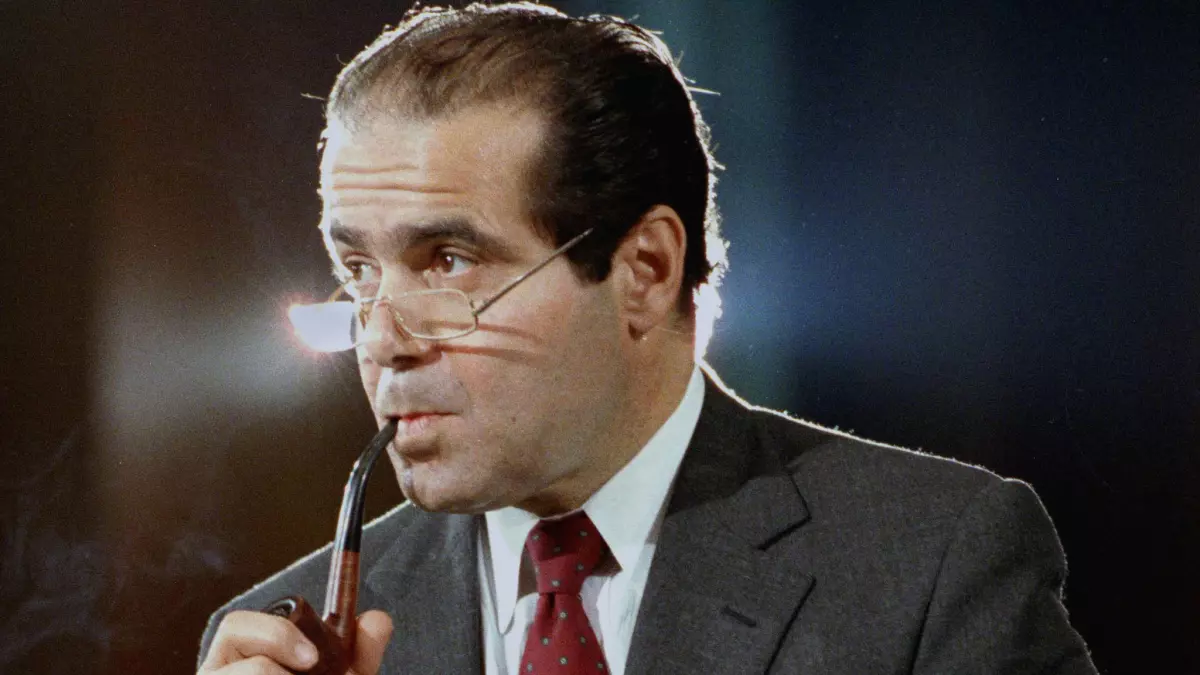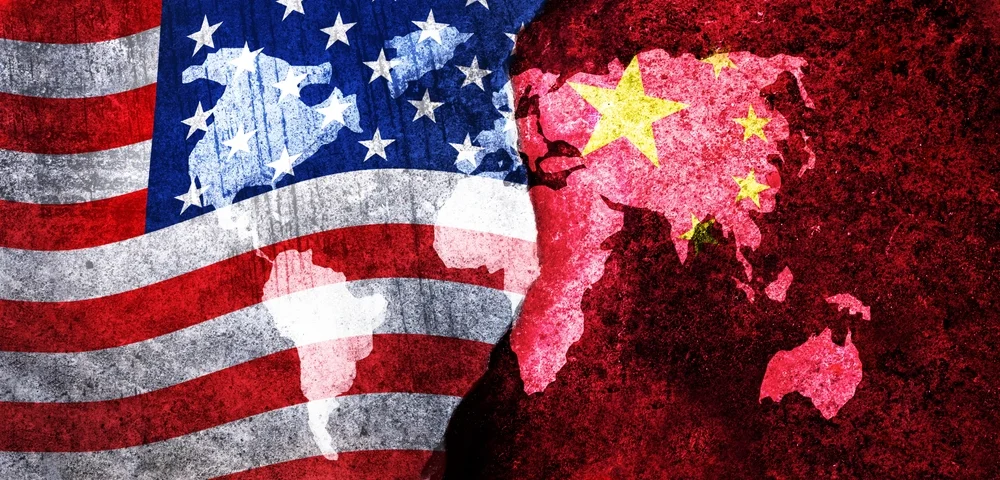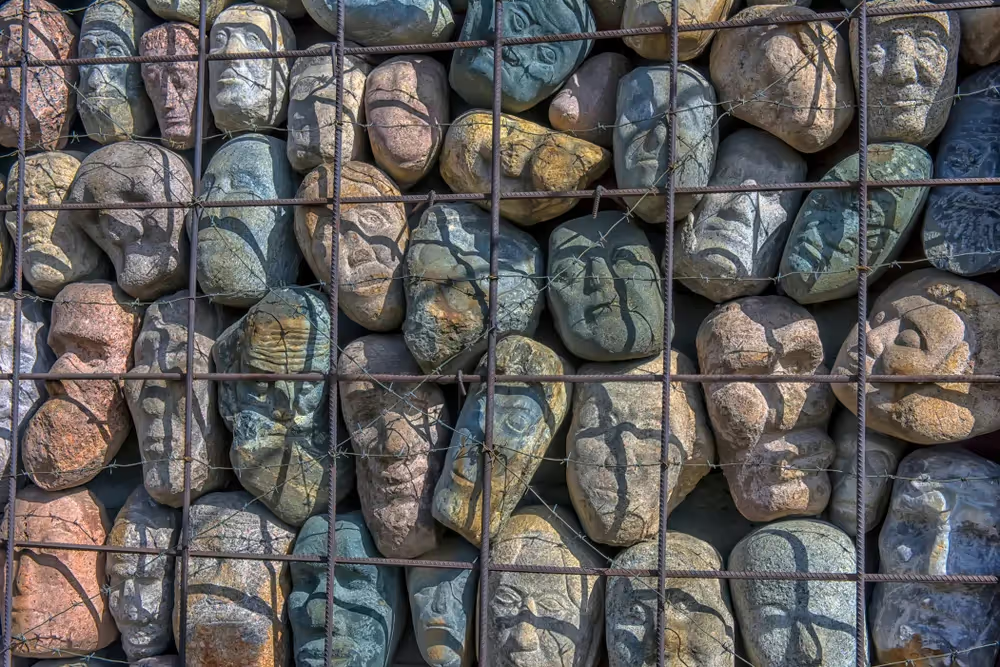
The Pope Who Foresaw the Horrors of Communism
Pope Pius IX recognized the moral and spiritual deception at the heart of communism.
On November 9, 1846, Pope Pius IX issued an encyclical titled Qui Pluribus, a Latin phrase that translates as "to the many." Pius was writing during a period of great political and social upheaval. Across the continent, food shortages, unemployment, and rapid industrialization were fueling discontent among peasants and factory workers.
Amid the strife, European newspapers began to talk about communisme (French for communism), an economic system that had bewitched prominent French intellectuals a half-century before. Against this backdrop, Pius issued a stark warning on the economic system, which he described as one of the “fatal errors of our time,” alongside socialism and nihilism.
[T]hat infamous doctrine of so-called Communism, which is absolutely contrary to the natural law itself,” the pope warned, “would utterly destroy the rights, property and possessions of all men, and even society itself.
The statement represents the first papal condemnation of communism. Meanwhile, just 730 miles from Vatican City, a young German intellectual was in Brussels, crafting an entirely different vision—one that sought to overturn the social, political, and religious order.
“Workers of the world, unite! You have nothing to lose but your chains!” Karl Marx wrote in The Communist Manifesto, published just two years later. “The history of all hitherto existing society is the history of class struggles.”
Of the two writings, Marx’s manifesto is far more famous today. Though Marx died little known and virtually penniless, his ideas were later discovered by a young Russian revolutionary named Vladimir Ilyich Ulyanov—better known by his pseudonym, Vladimir Lenin.
Lenin came to power following the October Revolution of 1917, and the Bolshevik leader would make Marx’s ideas the official doctrine of the Soviet Union—and prove Pius eerily prophetic.
Gulags, Political Terror, and Mass Famines
Marxism became the state dogma in the USSR and remained so following Lenin’s death in 1924. During the twentieth century, under regimes such as Stalin's Soviet Union, Mao's China, and Pol Pot's Cambodia, the pursuit of a classless society resulted in mass repression, forced collectivization, and bloody purges.
Pius IX had warned his 'venerable brethren' of the radical socialists, likening them to “'ravening wolves” disguised in sheep’s clothing. He was proven right in the immediate aftermath of Lenin’s takeover.
On December 20, 1917, Lenin created the Cheka (short for Chrezvychaynaya Komissiya: "Extraordinary Commission"), a secret police force 250,000 strong. The Cheka became his tool for political terror. Historians estimate that authorities began carrying out a thousand executions a month for political crimes alone. (By contrast, the tsars before the Bolsheviks executed an average of 17 people a year, historian Paul Johnson noted.)
In The Gulag Archipelago, Aleksandr Solzhenitsyn recalled that the tsars did not use torture, but Marxists saw its utility and embraced it without hesitation.
“Torture was considered an essential and natural method of investigation," wrote Solzhenitsyn, who was sent to a gulag in 1945 after officials intercepted his private letter critical of Stalin.
Lenin’s use of terror cost him support from some socialists abroad—Rosa Luxemburg famously wrote that a proletarian revolution “hates and abominates murder.” But terror enabled him to consolidate control over the revolutionary state, and Joseph Stalin, his successor, would adopt and vastly expand these methods.
Under Stalin, secret police, gulags, and show trials were used to crush political dissent. With the population subdued, socialism’s hour had arrived—but at a catastrophic human cost. In the late 1920s and 1930s, tens of millions were forced into collectivized farming. The results were horrifying.
Millions starved, most infamously during the Holodomor in Ukraine (1932–33), where an estimated 7 to 10 million people died. Among them were eight siblings of seven-year-old Maria Katchmar, a survivor from Cherkasy Oblast, who later recalled watching troops arrive and order her father to drown his livestock.
‘A Dark Design’
Most people today are familiar with some of the horrors of communism, although the West never fully grasped the evils that it unleashed, nor has it sought to educate its rising generations on the monstrosity of communism. What’s astonishing is that Pope Pius IX seemed to foresee those horrors nearly 70 years before they were implemented at scale.
Stalin murdered an estimated 20 million, only to be outdone by Mao Zedong, who killed an estimated 45–65 million through his Great Leap Forward famine (1958–1962) and political executions during the Cultural Revolution. The Black Book of Communism (1997) estimates that nearly 100 million people were killed by communist regimes worldwide.
With remarkable clarity, Pius IX warned of the “dark design” of communists, who cloaked their ideology in appeals to noble Christian sentiments—including love for the poor—to gain power and moral legitimacy.
“...[O]nce they have ensnared the people with this false appearance of virtue, and have completely won them over by trickery, they spew forth the poison of their doctrines and plunge their captives into every kind of crime and wickedness,” the Pope wrote. “After taking their captives gently, they mildly bind them, and then kill them in secret.”
In his book The Devil and Karl Marx, the historian Paul Kengor notes the eerily prophetic nature of Pius’s denunciations of communism.
“If ever it seemed as if man held a crystal ball,” Kengor wrote of Qui Pluribus, “few statements were so unerringly predictive of what was to come.”
When Pius refers to communism as a “dark design” that would make men “fly in terror,” it’s difficult not to think of religious persecution in the USSR.
During Stalin’s Great Purge (1937–38), more than 100,000 priests, monks, and nuns were executed, tortured, or sent to gulags, including József Mindszenty (1892–1975), a Hungarian cardinal who in 1948 wrote that communism runs counter “to the spirit of the Church.” For this crime, Mindszenty was arrested, tortured, and sentenced to life in prison following a 1949 show trial. (He was released in 1956 by a reformist government and took refuge in a US embassy in Budapest for the next 15 years.)
Pius’s foresight proved uncanny because he recognized the moral and spiritual deception at the heart of communism. He understood that it was not merely an economic threat, but a spiritual one designed to overturn the moral order.
“...[C]ommunism abolishes eternal truths, it abolishes all religion, and all morality,” Marx wrote approvingly in his manifesto, “instead of constituting them on a new basis; it therefore acts in contradiction to all past historical experience.” To “establish the truth of this world,” man must reject not just God but all conventions, traditions, and morals.
This is precisely what Lenin did.
Soviet authorities banned religious education for children and encouraged them to denounce their parents if they showed signs of ideological wavering. In place of traditional morality, Lenin established “communist morality.”
“We say,” said Lenin, “morality is what serves to destroy the old and exploiting society and to unite all the working people around the proletariat, which is building up a new communist society.”
This moral framework convinced Trotsky that murdering the Tsar’s children was morally justified. It led to mass murder and widespread persecution of the Church. Communists created an “atheistic empire” in the words of Soviet historian Eduard Radzinksy, one that sought to replace God with the state. This was evidenced by the destruction of hundreds of Russia’s holy churches, including Moscow’s Cathedral of Christ Savior, which was dynamited in 1931 to make room for Stalin’s “Palace of Soviets,” a government structure topped with a 100-meter statue of Lenin.
The Palace of Soviets broke ground in 1937 and would have been the tallest structure in the world, but in typical communist fashion, it was never completed. Production was halted during World War II, and the steel frame was dismantled for use in the war. After the war, the site was converted into a public swimming pool, which remained until the 1990s, when the cathedral was rebuilt on its original site.
A Historic Pope
Pius IX was not the only pope to warn against the dangers of communism and socialism. From Leo XIII to Pius XII and beyond, his successors issued clear and forceful denunciations of the ideology. But Pius IX’s vivid language and early foresight set him apart. He condemned communism not merely as a flawed economic theory, but as a moral poison masquerading as virtue. This ideology threatened to corrupt souls and unravel the social order at the core of Western civilization.
His warnings, penned decades before the Bolshevik Revolution while Karl Marx was still drafting his dark catechism, today read like a prophetic indictment of the bloodiest creed in human history.
As the Vatican ushers in a new pontiff, replacing a progressive pope who framed climate change as a spiritual issue and championed social justice, the legacy of Pius IX reminds us that genuine concern for justice and the poor must be rooted in God and moral clarity.
Jonathan Miltimore is Senior Editor at AIER.
Politics
.webp)
Liberal Democracy Reexamined: Leo Strauss on Alexis de Tocqueville
This article explores Leo Strauss’s thoughts on Alexis de Tocqueville in his 1954 “Natural Right” course transcript.
%20(1).avif)
Long Distance Migration as a Two-Step Sorting Process: The Resettlement of Californians in Texas
Here we press the question of whether the well-documented stream of migrants relocating from California to Texas has been sufficient to alter the political complexion of the destination state.
%20(3).avif)
Who's That Knocking? A Study of the Strategic Choices Facing Large-Scale Grassroots Canvassing Efforts
Although there is a consensus that personalized forms of campaign outreach are more likely to be effective at either mobilizing or even persuading voters, there remains uncertainty about how campaigns should implement get-out-the-vote (GOTV) programs, especially at a truly expansive scale.

There's a Perception Gap With the U.S. Economy
As we approach another election cycle, it’s worth asking: what’s real, what’s political theater, and what does it all mean if Democrats regain control of the House?

International Law Is Holding Democracies Back
The United States should use this moment to argue for a different approach to the rules of war.
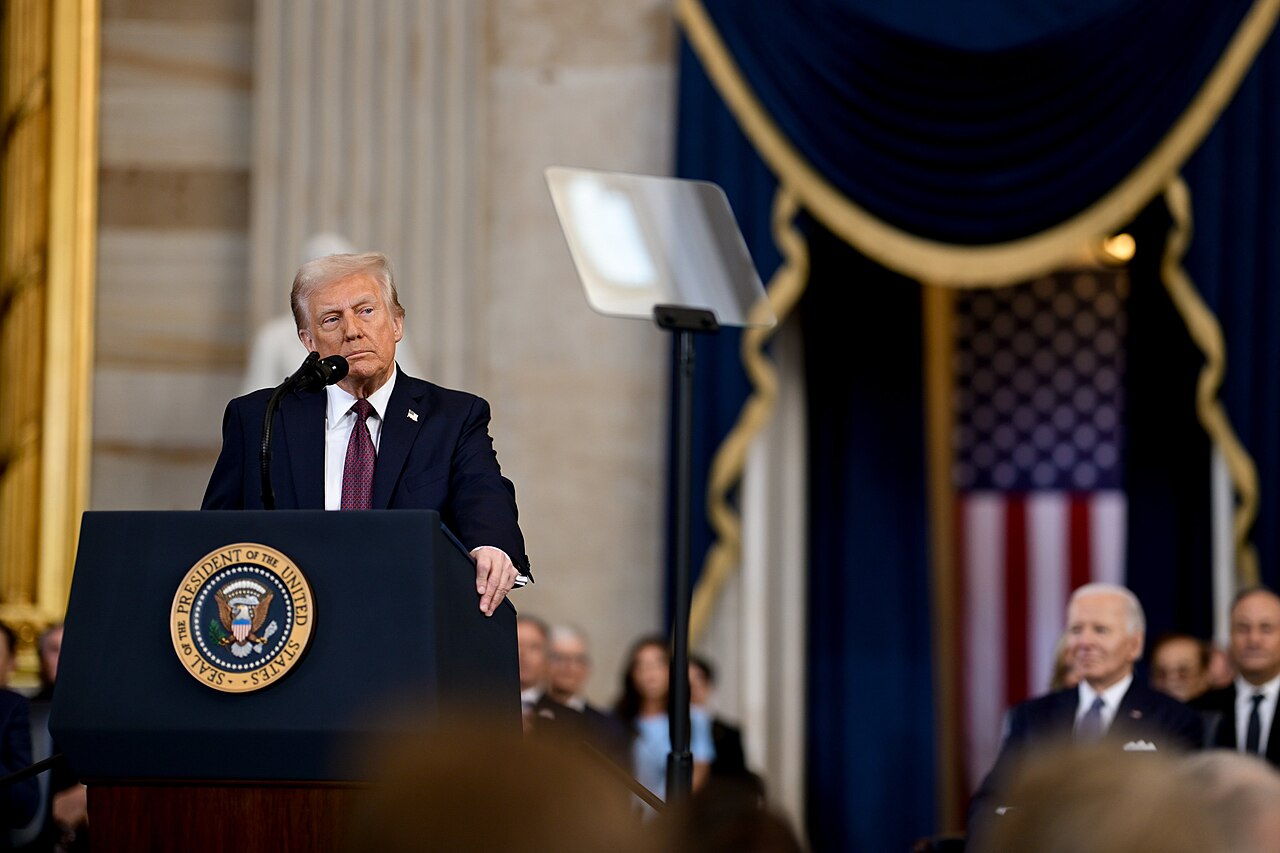
Trump purged America’s Leftist toxins. Now hubris will be his downfall
From ending DEI madness and net zero to securing the border, he’ll leave the US stronger. But his excesses are inciting a Left-wing backlash
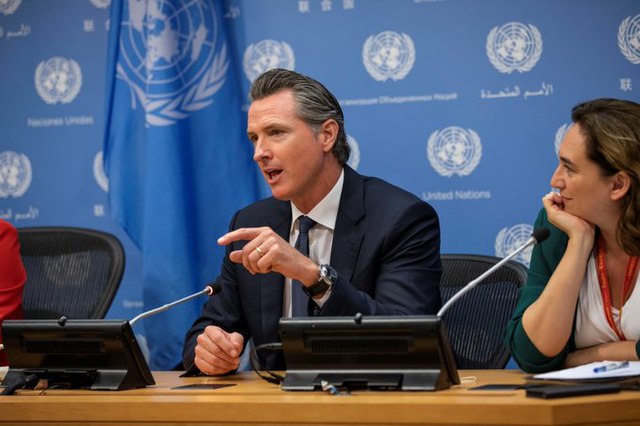
California’s wealth tax tests the limits of progressive politics
Until the country finds a way to convince the average American that extreme wealth does not come at their expense, both the oligarchs and the heavily Democratic professional classes risk experiencing serious tax raids unseen for decades.
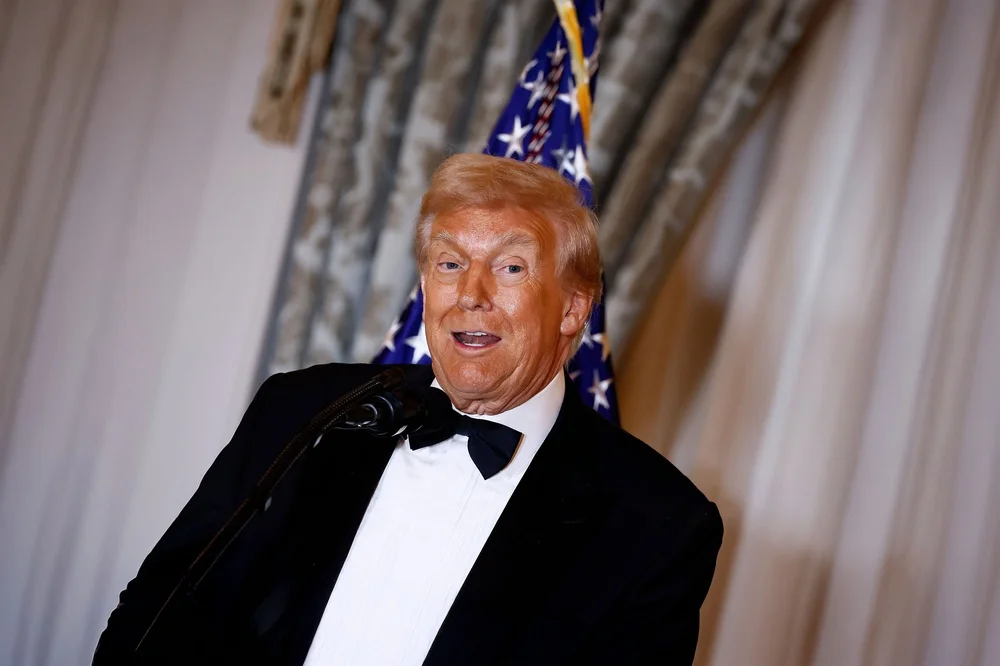
When Vanity Leads to Impropriety
A president should simply not be allowed to name anything after himself without checks from Congress or an independent commission.
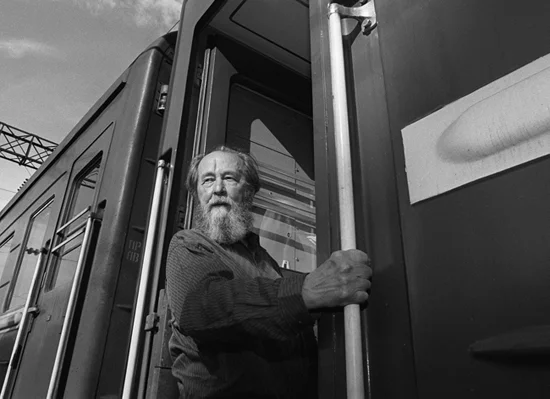
Retracing a Catastrophe: Lessons from Solzhenitsyn’s The Red Wheel
As Ideology has continued to exist in transmogrified forms after its Marxist-Leninist version, Solzhenitsyn remains a sure guide into its dark labyrinths.









